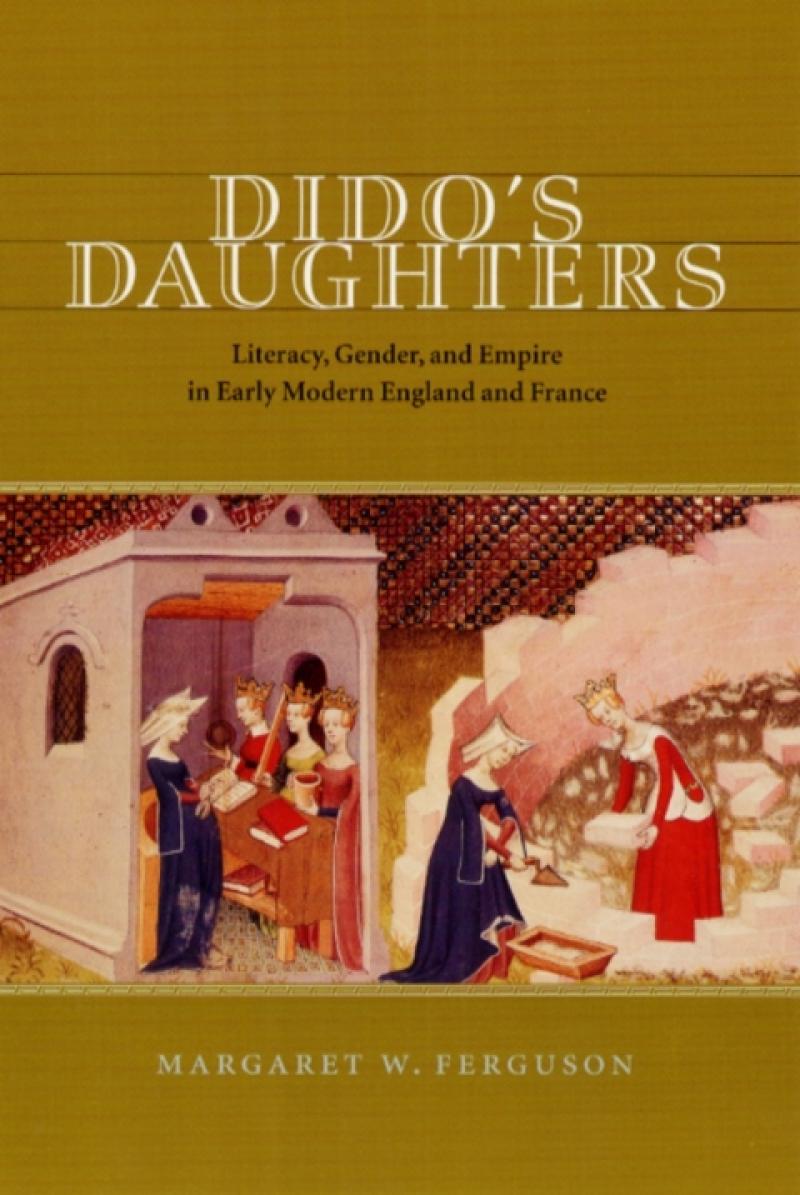Winner of the 2004 Book Award from the Society for the Study of Early
Modern Women and the 2003 Roland H. Bainton Prize for Literature from
the Sixteenth Century Society and Conference. Our common definition of
literacy is the ability to read and write in one language. But as
Margaret Ferguson reveals in Dido's Daughters, this description is
inadequate, because it fails to help us understand heated conflicts
over literacy during the emergence of print culture. The fifteenth
through seventeenth centuries, she shows, were a contentious era of
transition from Latin and other clerical modes of literacy toward more
vernacular forms of speech and writing. Fegurson's aim in this
long-awaited work is twofold: to show that what counted as more
valuable among these competing literacies had much to do with notions
of gender, and to demonstrate how debates about female literacy were
critical to the emergence of imperial nations. Looking at writers whom
she dubs the figurative daughters of the mythological figure
Dido—builder of an empire that threatened to rival Rome—Ferguson
traces debates about literacy and empire in the works of Marguerite de
Navarre, Christine de Pizan, Elizabeth Cary, and Aphra Behn, as well
as male writers such as Shakespeare, Rabelais, and Wyatt. The result
is a study that sheds new light on the crucial roles that gender and
women played in the modernization of England and France.
Les mer
Literacy, Gender, and Empire in Early Modern England and France
Produktdetaljer
ISBN
9780226243184
Publisert
2018
Utgave
1. utgave
Utgiver
Vendor
University of Chicago Press
Språk
Product language
Engelsk
Format
Product format
Digital bok
Forfatter
